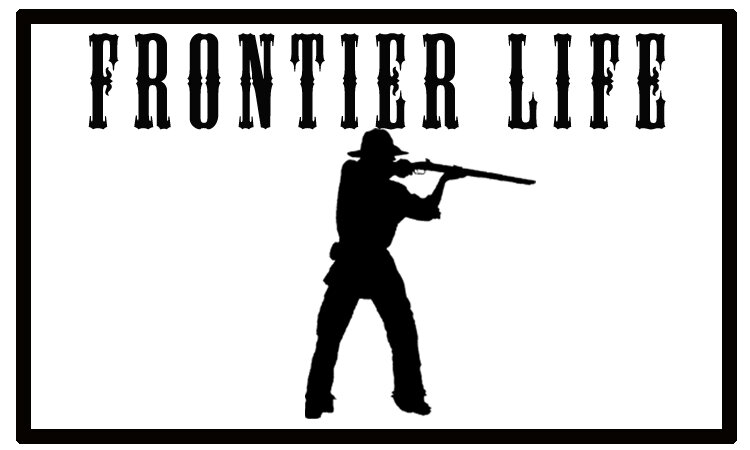Billy Dixon Sums Up Life on the Frontier
Billy Dixon gives his thoughts on what it was like to live on the frontier.
Primary sources are a great way to learn about history. However, they’re not perfect. Sources like journals and interviews are products of regular human beings. Human beings (like you and I) have perspectives, biases, and a limited understanding of the world. It doesn’t take away from what we know, understand, or experience, but our views may not represent the entire picture. In some ways, each primary source from a point in history is like a piece of a puzzle. Each piece is real and complete in its’ own right but must be organized with all the other puzzle pieces to see the entire image. The more primary sources you study, the more you can come to understand the whole picture. One person who left us with a useful piece of the puzzle about life on the frontier was Billy Dixon.
Billy Dixon is a well-known frontiersman for a few reasons. For one, he was a buffalo hunter extraordinaire. Although buffalo hunters may have a bad reputation in modern society, it’s hard to argue they were certainly accomplished frontiersmen. Secondly, Dixon was a highly capable army scout for many years. Scouts were involved in some of the most notable events in frontier history, and Dixon was no different. In later life, he helped to settle the plains, built a ranch, and was postmaster for several years. Perhaps most of all, Dixon is remembered for the long shot he made on an enemy at Adobe Walls.
In later years, Billy Dixon decided to write down his experiences on the frontier. The book Life of Billy Dixon was actually written by his wife Olive but was narrated by Dixon himself. From start to finish, you get a sense of the roughness of life as well as the freedom it offered. There were many near-death escapes and brutal fighting, but all of that was fairly common on the frontier. If you are interested in frontier history, it is a good read.
At the very end of the book, Dixon seems compelled to summarize his life and adventures. He did so with the following passage:
“I am often questioned about my experiences on the frontier, as if the life had been filled with un-bearable hardships, to be shunned and forgotten. Gladly would I live it all over again, such is my cast of mind and my hunger for the freedom of the big wide places. I would run the risks and endure all the hardships that were naturally ours just for the contentment and freedom to be found in such an outdoor life. I should be unspeakably happy once more to feast on buffalo meat and other wild game cooked on a campfire, to eat sourdough biscuit and drink black coffee from a quart tin cup.
“But those days are gone forever, and we must content ourselves with the present and make the best of our opportunities. Coming generations will never know the trials and hardships we endured. We helped build a great empire in the West.
“Let it be governed justly and made to serve the needs of humanity.”
What Dixon tells us, is what many of the other frontiersmen related. Life was difficult, but the struggle was worth it. In the end, it was an adventurous life full of privation and hardship, but the freedom gained was worth the cost.
However, Dixon realized that way of life had passed into history. The great empire they helped to build was the very thing that brought an end to the days he looked back on so fondly. His hope that the empire would be justly governed and serve the needs of humanity is also worth remembering.
If Billy Dixon’s thoughts are a piece of the puzzle, they match up with many other frontiersmen to paint the same picture. Life in the West was brutal and deadly. Killing was not out-of-the-ordinary and accidents occurred frequently. Still, it was a place where the adventurous type willing to endure could find an unrivaled experience of excitement.
In lots of ways, we have life much, much, much better than people in the frontier. Personally, I do believe Dixon was part of building a great empire that we benefit from. However, I’m also glad that there are still opportunities for some of us to enjoy the freedom of the outdoors. Life outdoors is not always easy or comfortable, but rarely have I come back from a camping trip feeling worse than when I left. I’m glad my struggles don’t include gunfights, but I am thankful for the chance to play in the same arena as the men of the past. Sitting around a campfire in the quiet of the woods gives me a break from the hustle of the world and a chance to share a small slice of the experience of people of the past.

